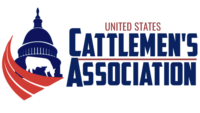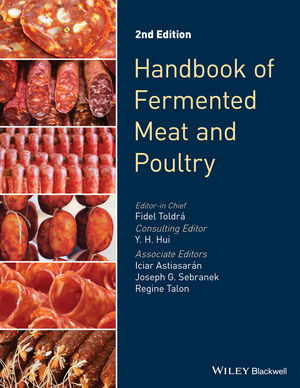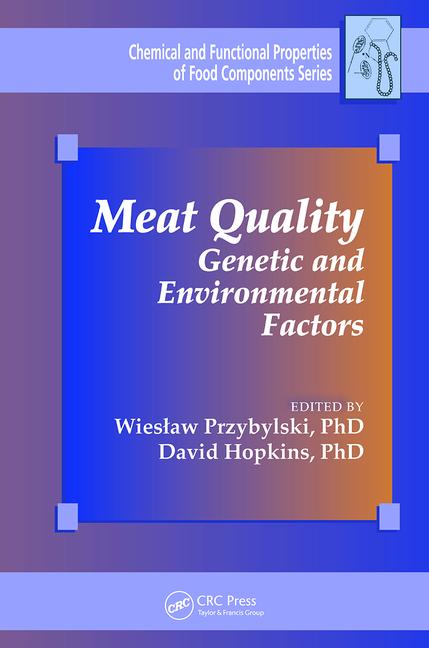NCBA applauds Senate action to block Paraguayan beef imports
Association praises effort as protecting U.S. cattle from animal disease.

Courtesy of the National Cattlemen’s Beef Association
The National Cattlemen’s Beef Association lauded the U.S. Senate's recent passing of a resolution to block Paraguayan beef imports.
In a 70 to 25 vote, the US Senate passed a resolution allowing Congress to overturn final rules issued by federal agencies. The move comes in response to concerns regarding Paraguay's recent history of foot and mouth disease.
The resolution comes in response to a US Department of Agriculture rule that lifted the longstanding ban on Paraguayan beef imports despite the country’s concerning animal health track record.
“Thank you to the strong bipartisan group of senators who voted to overturn the harmful decision to allow Paraguay beef imports into the United States,” said Mark Eisele, NCBA president and a Wyoming rancher. “Our animal health standards are second to none, and we must be vigilant in protecting the US cattle herd from harmful foreign animal diseases that could have a devastating impact on U.S. agriculture. Paraguay’s history of foot-and-mouth disease is a great concern, and anyone who wishes to trade with the United States must demonstrate they can meet our high standards.”
NCBA has repeatedly raised concerns with Paraguayan beef imports since the proposed rule was issued last year. NCBA specifically called out the outdated animal health data used to reach this decision.
“We are greatly concerned that the U.S. government relied on 9-year-old data and site visits from 2008 and 2014 to justify access for Paraguayan beef imports” NCBA Executive Director of Government Affairs Kent Bacus said. “We should never rely on old information to make important decisions that could put the health and safety of the U.S. cattle herd at risk. NCBA has maintained from the beginning that USDA should not have proceeded with this rule without current information to accurately assess Paraguay’s ability to meet our strong animal health standards. We are extremely appreciative of the Senate demonstrating strong bipartisan support to block this rule, and we urge the House to advance this legislation as soon as possible.”
Source: NCBA
Looking for a reprint of this article?
From high-res PDFs to custom plaques, order your copy today!







